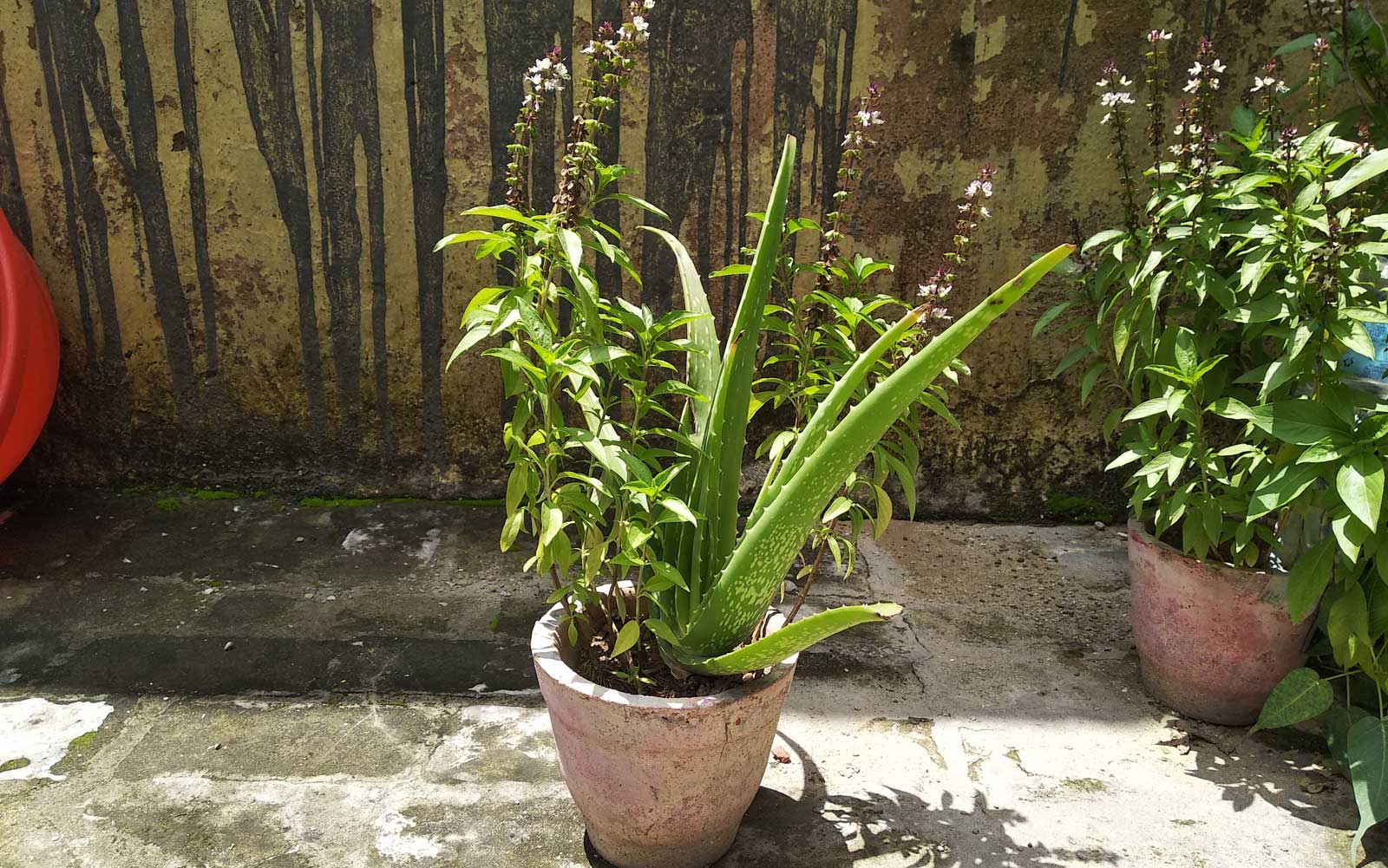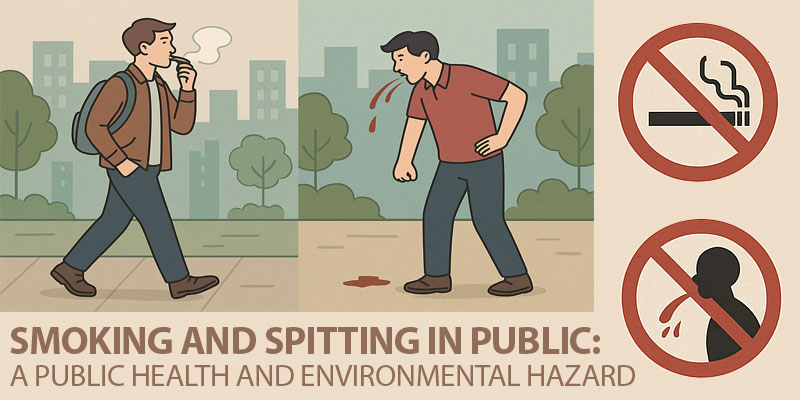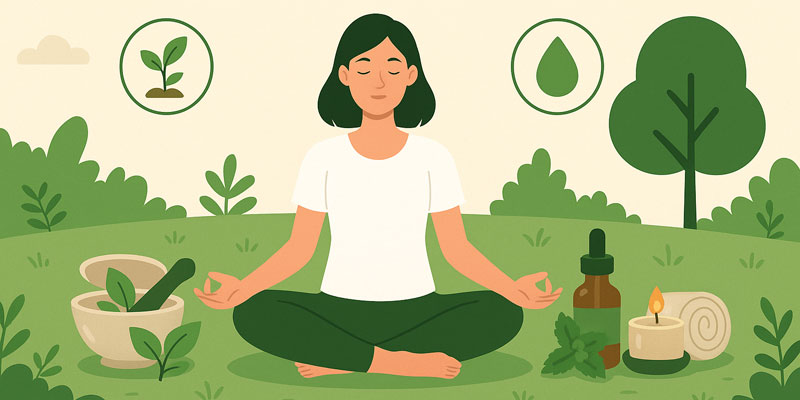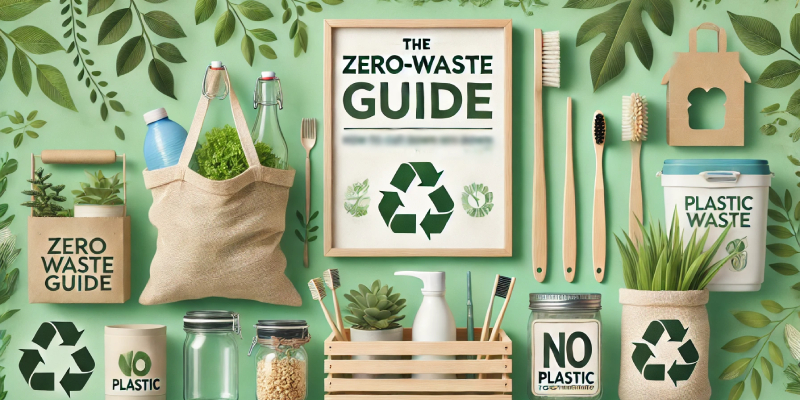ECOSYSTEM
How we can help the environment.
Helping the environment is essential for the well-being of our planet and future generations. There are many ways individuals, communities, and governments can contribute to environmental conservation and sustainability.
Recognizing and preserving the value of nature is critical for the long-term sustainability of both the planet and human societies. Conservation and sustainable use of natural resources are crucial to maintaining the benefits that nature provides to us.



We can perform many changes in our daily lives to help nature, we can conserve energy, save water, use sustainable transportation, reduce waste, conserve natural resources, reduce air pollution, minimize plastic usage, etc.
Trees
Are
Important
For all
Of us
Trees are of invaluable importance to our environment and to human well-being. They give us clean water to drink, air to breathe, shade, and food for humans, animals, and plants.
Trees are so important for the global environment and the health of the species that live there, and they need our unconditional care and protection.
They provide habitats for numerous species of fauna and flora, firewood for cooking and heat, and materials for buildings and places of spiritual, cultural, and recreational importance.
Latest Articles
-
The Hidden Dangers of Public Smoking and Spitting: A Call for Cleaner, Healthier Streets
Introduction In our daily walks through the city, we often witness two common but dangerous habits—public smoking and spitting after chewing gutkha or paan. While these may seem like personal choices, they have serious consequences for public health, the environment, and social well-being. It’s time we shed light on how these actions affect all of…
-
Naturopathy: Healing Through the Power of Nature
In our modern, fast-paced lives filled with processed food, artificial chemicals, and chronic stress, people are turning back to ancient, natural ways of healing. Naturopathy is a holistic system of medicine that emphasizes the body’s innate ability to heal itself using natural therapies, lifestyle changes, and the healing forces of nature. Naturopathy is not just…
-
The Zero-Waste Guide: How to Cut Down on Household Waste
In today’s world, waste has become a major environmental problem, polluting our land, air, and oceans. From plastic pollution to food waste, our daily habits contribute to overflowing landfills and increasing carbon footprints. The zero-waste lifestyle is a sustainable solution that helps minimize waste by rethinking consumption and promoting recycling, composting, and mindful usage. This…
-
The Deep Sea: Earth’s Mysterious and Essential Ecosystem
The deep sea is one of our planet’s most mysterious and least explored regions. It covers more than 60% of Earth’s surface and is crucial in regulating the planet’s climate, supporting marine biodiversity, and even influencing human life. Despite its significance, the deep sea remains largely unexplored due to its extreme conditions, such as complete…
-
Minimalism and the Environment: How Living with Less Helps the Planet
Minimalism is not just about decluttering your home or owning fewer things; it’s a mindset that encourages conscious consumption and sustainable living. Adopting a minimalist lifestyle can significantly reduce our environmental impact while improving our quality of life. In today’s fast-paced world, consumerism has led to excessive waste, pollution, and depletion of natural resources. Every…
Before
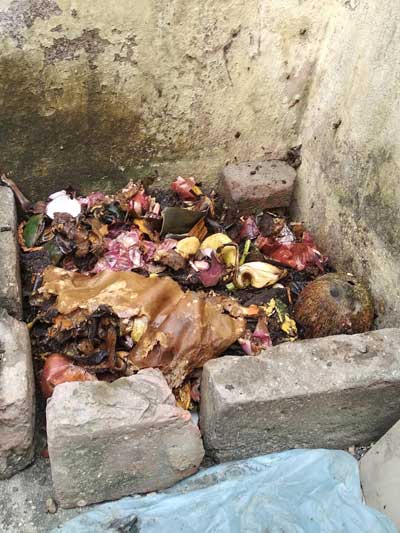
How to Convert Kitchen Waste into Compost
- Collect fruit and vegetable scraps and other food waste generated in your kitchen.
- Chop large kitchen waste items into smaller pieces.
- Choose a compost bin, indoor compost bins are suitable for apartments or homes with limited outdoor space.
- Begin with a layer of dried leaves or soil, followed by a layer of kitchen waste, repeat these steps.
- Turn the compost pile from time to time and add some water as well if it’s getting dry.
- Continue adding kitchen waste in layers and mix them.
- A few weeks before you plan to use the compost, stop adding new materials to the pile.
- Your compost should be ready in 2 to 4 months.
After
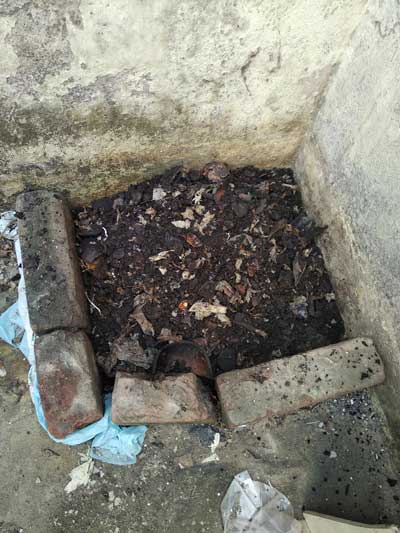
Plant nurseries play a crucial role in various aspects of plant cultivation, environmental conservation, and landscaping. They are very helpful to get the required plants
plant
a
tree
save
the
earth

